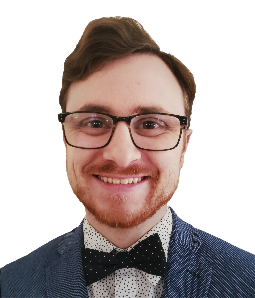For many applications in engineering and science, incorporating random phenomena (e.g., wind, porosity, random particle trajectories) is vital for meaningful modeling and decision-making. Specific engineering applications include chemical processes, energy grids, reaction surfaces, microbial communities, complex fluid flows, autonomous vehicle path planning, wildfire simulations, and molecular dynamics. Optimization under uncertainty is a discipline that propagates random phenomena (described by data) through a system model (defined by 1st principles and/or machine learning) to account for the risk imposed on decision-making. This challenging discipline has proved itself in better optimizing systems relative to deterministic approaches; however, two existing challenges pertain to (1) characterizing the complex relationships between constraints and uncertainty data and (2) developing accessible modeling frameworks that accelerate the use and advancement of advanced optimization/data-science techniques that readily account for uncertainty.
In this presentation, I will discuss two projects I have led that address (1) and (2); namely, a generalized framework in flexibility analysis to tractably analyze constraints and a unifying modeling abstraction that promotes accessibility and accelerates scientific discovery. I will illustrate these advancements with case studies in energy grids, disease control, and microbial communities. Finally, I will highlight several methodological discoveries from this work that enable emergent applications I plan to pursue in my academic career.

Joshua is a post-doc at CMU working with Profs. Carl Laird and Ignacio Grossmann, and he specializes in developing methods in optimization under uncertainty and data science to solve problems pertaining to sustainability, energy, and the environment. He completed his Ph.D. at UW-Madison under the direction of Prof. Victor Zavala and obtained his B.Sc. at BYU, both in chemical engineering.

